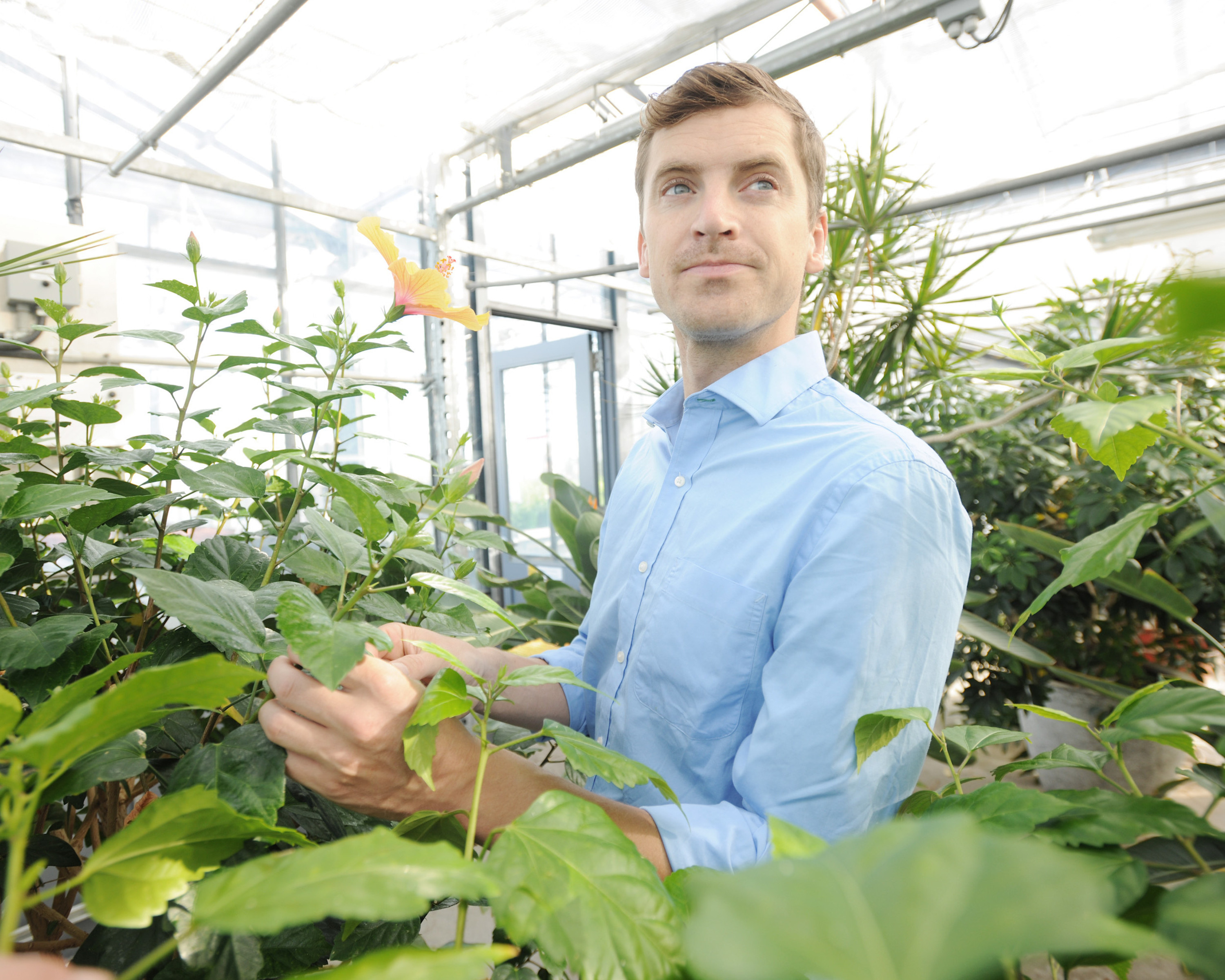The biodiversity crisis is alarming, with the future of many animal species and habitats at risk. Derek Tittensor, a ṠÆÉḋÖḟĠċ adjunct biology professor and senior marine biodiversity scientist with the United Nations Programme World Conservation Monitoring Centre, led a worldwide study concluding more investment is needed to manage declining biodiversity. The study was published in Science today.
Key Points:
Biodiversity supports ecosystems â all life that currently exists on the planet. In 2010, 193 nations agreed upon 20 biodiversity goals to achieve by 2020. Determined by the Council on Biological Diversity and experts from all over the world, these goals were named the Aichi Biodiversity Targets. They represent the largest international commitment towards preserving biodiversity.
Researchers from all over the world gathered and analyzed available data on a wide variety of biodiversity measures: species counts, protected areas, habitat loss, forestry and fishery policies and more.
A team of 51 experts from over 30 institutions, led by Dalâs Derek Tittensor, has determined that despite increasing management efforts and investment in biodiversity since 2010, it is unlikely that the state of biodiversity will improve by 2020 and many of the targets will not be met.
On certain targets, the global community is making substantial progress. These include more certification schemes for forests and fisheries, and better management of these particular resources in many parts of the world. Thereâs also greater public awareness of and government investment in biodiversity and measures to improve and protect it. But pressures on biodiversity â from consumption of natural resources to habitat loss âappear to be outstripping efforts to protect it.
The findings of this research will be incorporated into the Global Biodiversity Outlook (GBO), a publication of the Convention on Biological Diversity (a global treaty) to determine conservation and sustainable use of biodiversity for the global community.
Pull Quotes:
âThe Aichi Biodiversity Targets represent one of the most prominent and substantial international commitments towards preserving biodiversity.â Derek Tittensor, Lead Author and Senior Marine Biodiversity Scientist at UNEP World Conservation Monitoring Centre, Adjunct Professor at ṠÆÉḋÖḟĠċ.
âOne is we simply havenât invested enough, that it will take a lot more resources âfinancial, managerial, politicalâto turn this around. Another possibility is thereâs a time lag: it may be 20, 30, 40 years until we really start to see the effects of these investments weâve made.â Derek Tittensor, Lead Author and Senior Marine Biodiversity Scientist at UNEP World Conservation Monitoring Centre, Adjunct Professor at ṠÆÉḋÖḟĠċ.
âIf ecosystems underpin life on this planetâthey provide food, water filtration, and so-onâitâs biodiversity that underpins ecosystems. Understanding and measuring biodiversity enables us to predict and project how ecosystems will change into the future and, from there, the effect this might have on human life.â Derek Tittensor, Lead Author and Senior Marine Biodiversity Scientist at UNEP World Conservation Monitoring Centre, Adjunct Professor at ṠÆÉḋÖḟĠċ.
âEfforts to respond to the crises will continue to increase but there will also be more pressures and more declines to consider. This study is only a prediction of the future and there is still time to focus our efforts and make the decisions that lead to better choices and investment.â Matt Walpole, Co-Author and Director of Programmes (Science, Economics, Policy and Partnerships), UNEP World Conservation Monitoring Centre.
Images:
 |
Derek Tittensor Adjunt Professor, ṠÆÉḋÖḟĠċ. Photo Credit: Danny Abriel Download Hi-Res image |
 |
Derek Tittensor Adjunct Professor, ṠÆÉḋÖḟĠċ. Photo Credit: Danny Abriel Download Hi-Res image |
Resource Links:
ṠÆÉḋÖḟĠċ Links:
Contacts:
- Nicole LeBlanc, Communications Officer â Faculty of Science: +1 (902) 494-8443, nicole.leblanc@dal.ca
Ìý
Recent News
- Media opportunity: New lithiumâion battery material for EVs and studied by ṠÆÉḋÖḟĠċ lasts for 10 times more chargeâdischarge cycles compared to a conventional battery, potentially powering cars for eight million kilometres
- Media release: ṠÆÉḋÖḟĠċ researchers seek to improve quality of life of longâterm cancer patients after receiving funds from a Terry Fox research program developed by cancer patients for cancer patients
- Media release: Promising new treatment for older adults with depression and anxiety: Canadian study shows older adults experiencing depression, anxiety benefit from cognitive behavioural therapy tailored to their age group
- Media opportunity: The serious side of Christmas trees: They bring joy to the holiday season, but your festive tree also plays a serious role in sequestering carbon and mitigating greenhouse gas emissions
- Media opportunity: ṠÆÉḋÖḟĠċ researchers use novel measure to assess effects of vaping on young adults' lungs, finding eâcigarette users impair lung function
- Media opportunity: The view from space â ṠÆÉḋÖḟĠċ researchers use satellite data, AI to identify trends in cows' methane emissions and develop tools to tackle climate change in the Canadian dairy industry
- Media release: ṠÆÉḋÖḟĠċ researchers, DeNovaMed Inc. develop new family of antibiotics that could treat multidrugâresistant bacterial 'superbugs'
- Media opportunity: ṠÆÉḋÖḟĠċ researchers use polar bear poop to shed light on the effects of climate change, dietary alterations on wild versus captive populations
